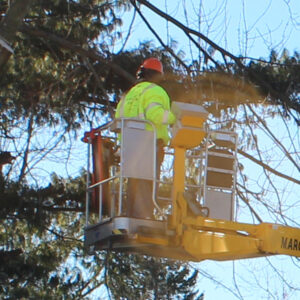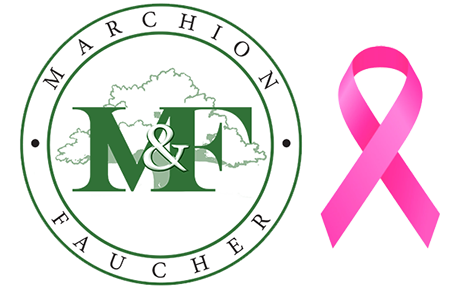22 Dec Tree Care Tips for Connecticut Homeowners
Posted at 18:02h
in Uncategorized
 Taking care of trees in Connecticut, especially considering the varying seasons, can be vital for their health and your property’s beauty. Here are some tips:
Taking care of trees in Connecticut, especially considering the varying seasons, can be vital for their health and your property’s beauty. Here are some tips:
- Regular Inspections: Check your trees regularly for signs of disease, damage, or pests. Look for changes in foliage color, unusual spots, or signs of decay on the trunk.
- Pruning: Trim dead, diseased, or damaged branches. Proper pruning promotes healthy growth and reduces the risk of falling limbs during storms. Remember to prune during the dormant season to minimize stress on the tree.
- Mulching: Apply a layer of mulch around the base of your trees. Mulch helps retain moisture, regulates soil temperature, and reduces competition from weeds.
- Watering: During dry spells, make sure to water your trees deeply. Newly planted trees require more attention, but even established trees might need watering during prolonged droughts.
- Protection from Deer: In many parts of Connecticut, deer can be a significant threat to trees. Use protective measures like fencing or repellents to safeguard your trees.
- Soil Care: Ensure proper soil health by periodically aerating and adding organic matter. Good soil conditions promote healthy root growth.
- Preventative Care: Consider preventive treatments for common tree diseases and pests prevalent in your area. Consulting with a local arborist can provide insights into specific threats in Connecticut.
- Professional Assistance: If you’re unsure about tree care or notice concerning issues, consult with a certified arborist. They can provide expert advice tailored to your trees’ specific needs.
- Winter Protection: In colder months, protect young or delicate trees from frost and extreme cold using wraps or barriers. This is especially important for newly planted trees.
- Avoid Damage: Be mindful of activities that could harm your trees, such as mowing too close to the trunk or compacting soil around their roots.
Remember, each tree species and location may have unique care requirements, so it’s beneficial to learn about the specific needs of the trees in your yard.
Need professional help with any of the above? Contact Marchion and Faucher today.



